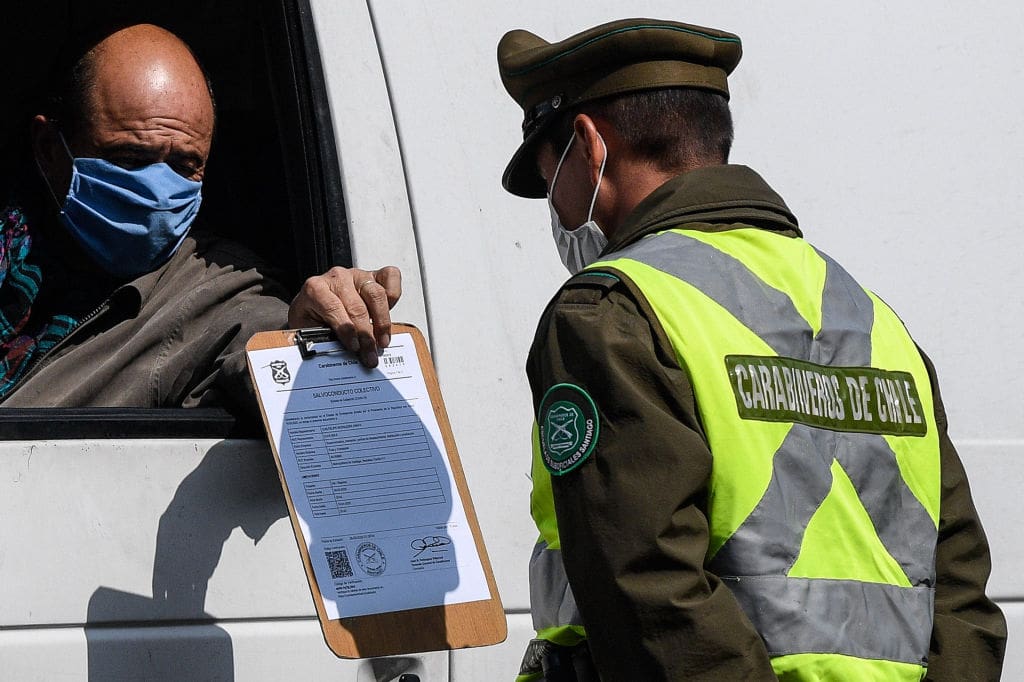“The strategy of criminalizing social protest that the authorities have adopted in recent months is keeping hundreds of people behind bars for minor offenses, aggravating the already precarious conditions in the Chilean prison system and putting thousands of people at risk,” said Ana Piquer, executive director of Amnesty International Chile.
A little over a year ago, the National Human Rights Institute warned of overcrowding in more than half of Chile’s prisons, inadequate cleaning services and a lack of health professionals to care for the prison population. As a result of the authorities’ response to social protests since October, 2019, such as the misuse and disproportionate application of certain laws, including the State Security Law, the prison population has continued to increase.
Although the authorities have proposed measures to alleviate overcrowding, there have also been worrying developments, such as a ruling by the Court of Appeals plenary overturning a decision to allow 13 people held in preventive detention, who are accused of minor offenses related to the protests in late 2019, to be placed under house arrest and the suspension of the judge who had given that decision, Daniel Urrutia Laubreaux, in accordance with the guidelines of the Committee of Judges of the Seventh Supervisory Court in Preliminary Proceedings of Santiago de Chile, of which he is a member.
“The authorities are taking erratic steps in their efforts to avoid the serious threat that COVID-19 poses to the prison population. The measure taken against Judge Daniel Urrutia Laubreaux is an attack on the human rights of these people, at such a critical moment. The decision of the plenary must be completely and immediately reversed,” said Ana Piquer.
Amnesty International repeats its call for the release of all those detained solely for exercising their right to peaceful assembly, as well as an immediate review of all preventive detention measures currently in force.
The organization also recommends that the authorities consider the early or conditional release of people belonging to those groups most vulnerable to COVID-19. Finally, Amnesty International calls for resources to be allocated to guarantee water, sanitation, hygiene products and access to health care for the whole prison population.
“Those in detention pending trial should be considered innocent until proven otherwise. Therefore, Chile should analyze each case and consider releasing those detained pending trial or substituting other precautionary measures,” said Ana Piquer.
Read more:
Americas at a crossroads in response to COVID-19 (Research, March 24, 2020) https://www.amnestyusa.org/reports/americas-at-a-crossroads-in-response-to-covid-19/
To learn more about COVID-19 and human rights, visit: https://www.amnestyusa.org/distant-but-together-responding-to-covid-19/
For more information or to arrange an interview, please contact Mariya Parodi, [email protected]

